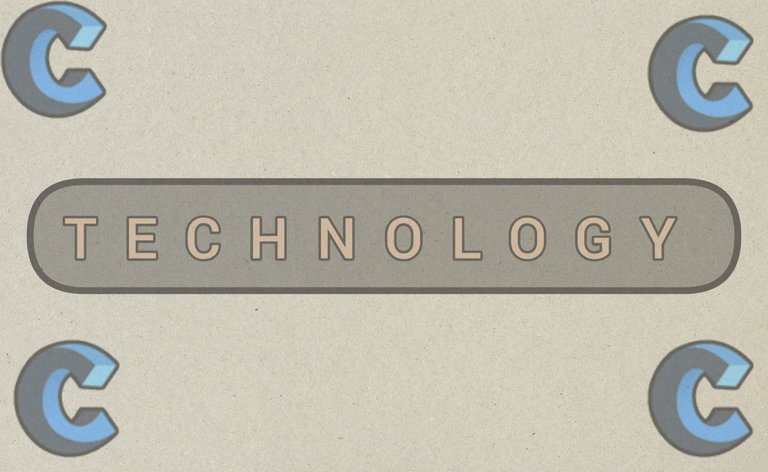
Unraveling the Potential of Quantum Computing for a New Digital Era
In the realm of technology, a quiet revolution is brewing—one that has the potential to redefine the boundaries of computation and problem-solving. Quantum computing, a field that once seemed relegated to the realm of science fiction, is rapidly advancing and is poised to revolutionize various industries. In this article, we'll dive into the world of quantum computing, understand its principles, and explore its profound implications for the future.
The Quantum Difference
Quantum computing is not a mere extension of classical computing; it's a fundamentally different approach. At its core, classical computing relies on bits as the smallest unit of data, represented as 0s and 1s. Quantum computing, on the other hand, leverages quantum bits or qubits, which can exist in multiple states simultaneously thanks to a phenomenon called superposition.
Superposition and Entanglement
Two fundamental principles underpin quantum computing: superposition and entanglement.
Superposition: A qubit can exist in a superposition of states, allowing it to perform multiple calculations at once. This property vastly increases the computational power of quantum computers.
Entanglement: Qubits can become entangled, meaning the state of one qubit is dependent on the state of another, even if they are physically separated. This phenomenon enables instant communication over long distances.
Applications of Quantum Computing
The potential applications of quantum computing are boundless and extend across various domains:
Cryptography: Quantum computers have the potential to crack many encryption methods currently used in cybersecurity. However, they also offer the possibility of quantum-safe cryptography.
Drug Discovery: Quantum computers can simulate complex molecular interactions, significantly accelerating drug discovery and development.
Supply Chain Optimization: Quantum algorithms can optimize complex supply chain logistics, reducing costs and environmental impact.
Climate Modeling: Quantum computing can enhance climate modeling and our understanding of climate change, leading to more effective mitigation strategies.
Financial Modeling: Complex financial models and risk assessments can be computed much faster, enabling better investment decisions.
Challenges and Roadblocks
While the promise of quantum computing is exciting, it's not without challenges. Quantum computers are highly sensitive to external factors, requiring extremely low temperatures and precise conditions. Additionally, building practical and scalable quantum computers is still a work in progress.
The Quantum Future
Despite the challenges, quantum computing represents a future where problems once deemed unsolvable become routine. As research and development continue, quantum computers will likely become more accessible and applicable to a wider range of industries.
In conclusion, quantum computing is not just an evolution of technology; it's a leap into the unknown, where the rules of classical computing no longer apply. As we stand on the cusp of this quantum era, we're poised to unlock unprecedented computational power and explore new frontiers in science, technology, and problem-solving. The quantum leap has begun, and the future is both exciting and uncertain, promising to reshape the way we interact with the digital world.